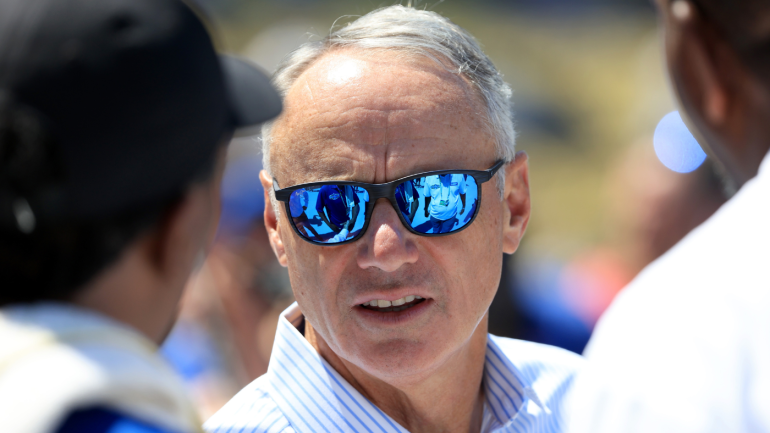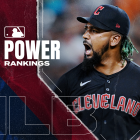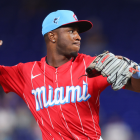
Earlier this week leaders of the Senate Judiciary Committee asked MLB commissioner Rob Manfred to explain the potential impact of stripping the sport's antitrust exemption on minor leaguers, according to the Associated Press. The committee sent Manfred a letter with several questions that could lead to legislation limiting the power of the antitrust exemption.
"We look forward to providing detailed information to the committee regarding baseball's limited antitrust exemption and how it has provided franchise location stability at the major league level, maximized the availability of minor-league baseball for fans and quality employment opportunities for aspiring major leaguers," MLB said in a statement.
On Tuesday, Manfred spoke with reporters prior to the All-Star Game in Los Angeles, and was asked to explain why many minor-league players are paid below minimum wage. Manfred "rejected" the premise.
"I kind of reject the premise of the question that minor-league players are not paid a living wage," Manfred said (via Baseball America). "I think that we've made real strides in the last few years in terms of what minor-league players are paid. Even putting to one side the signing bonuses that many of them have received, they've received housing, which is obviously another form of compensation, so I just reject the premise of the question. I reject the premise that they are not paid a living wage."
Manfred is not blessed with great PR skills and rejecting the premise that minor leaguers are not paid a living wage only figures to inflame players. Advocates for Minor Leaguers, a nonprofit organization working to improve conditions for minor leaguers, released the following statement after Manfred spoke Tuesday:
"Most Minor League baseball players work second jobs because their annual salaries are insufficient to make ends meet. The commissioner makes an annual salary of $17.5 million. His suggestion that Minor League pay is acceptable is both callous and false."
Last year MLB raised the minor-league minimum salary for non-40-man roster players at each level, though many still are not paid a livable wage. Players are only paid during the regular season. They are not paid during spring training or during the postseason, or for offseason workouts. Here are the current minor-league minimum salaries:
- Rookie ball: $400 per week (previously $290)
- Single-A: $500 per week (previously $290)
- Double-A: $600 per week (previously $350)
- Triple-A: $700 per week (previously $502)
This season MLB began providing housing for minor-league players, so yes, conditions have improved, but non-40-man roster minor-league baseball players still are not compensated as well as NBA G-League players ($38,000 per season) or NFL practice squad players ($9,200 per week) or minor-league hockey players ($51,000 per season in the AHL)
Four years ago MLB successfully lobbied Congress to pass the Save America's Pastime Act, allowing teams to treat minor-league players as seasonal workers and thus pay them below minimum wage. Minor-league players and coaches are paid by the MLB parent teams, not their minor-league affiliate.
MLB's antitrust exemption stems from a 1922 Supreme Court ruling. It has been challenged countless times over the years and members of Congress occasionally threaten to revoke the antitrust exemption when they feel MLB gets out of line. There have been so substantial changes to the antitrust exemption, however.
Non-40-man roster players are not part of the MLBPA, though they are fighting for more pay. Last week MLB agreed to pay $185 million to settle a federal class action lawsuit filed by minor leaguers seeking compensation for minimum wage and overtime violations.


















